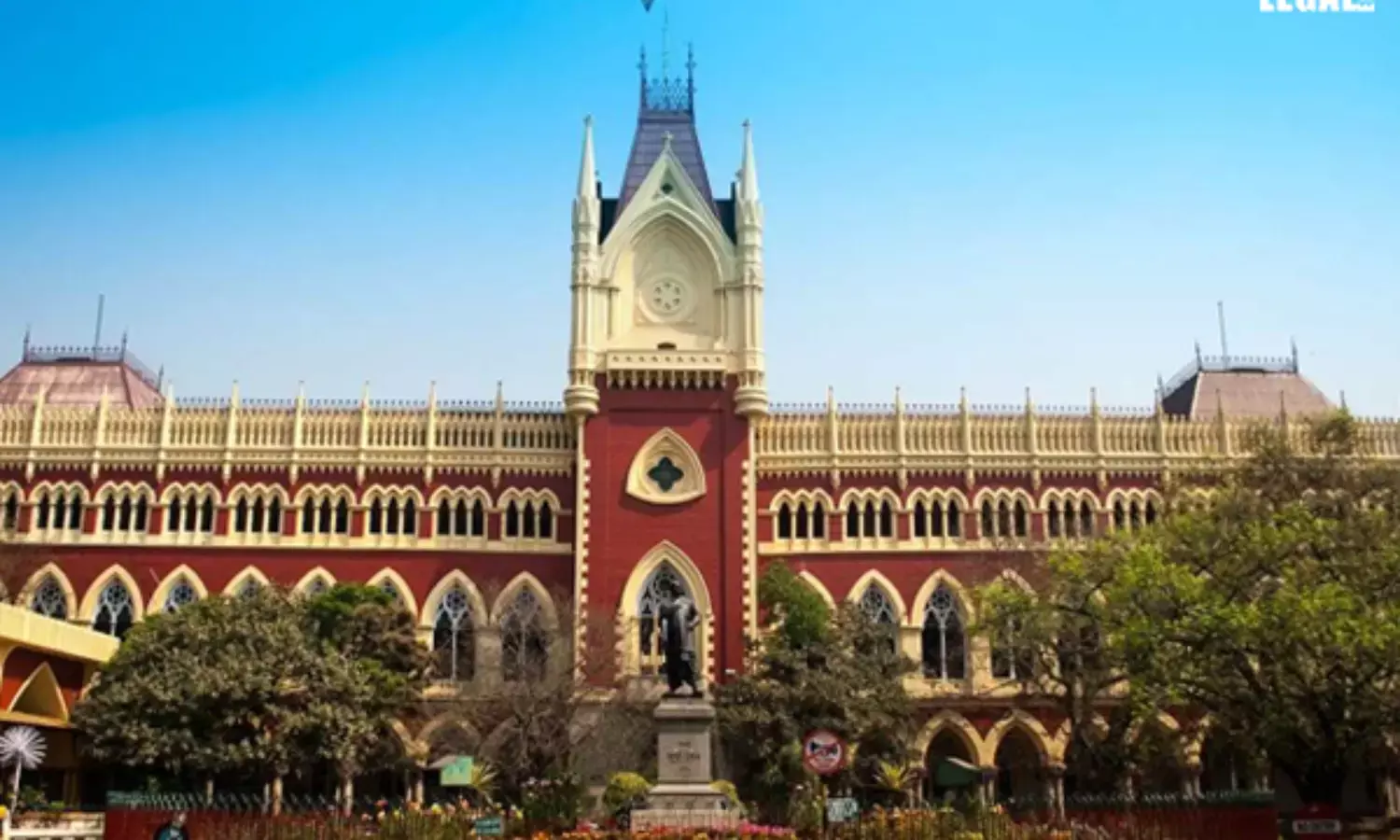Arbitrator cannot apply trade usage against express intention of agreement terms: Calcutta High Court
It said the mediator’s act resulted in rewriting the contract, which was unlawful;

Arbitrator cannot apply trade usage against express intention of agreement terms: Calcutta High Court
It said the mediator's act resulted in rewriting the contract, which was unlawful
The Calcutta High Court has held that the arbitrator while adjudicating the dispute between the parties, cannot apply trade usage against the express intention of the terms of the agreement between the parties.
The bench of Justice Shekhar B. Saraf ruled that under the Arbitration and Conciliation (A&C) Act, 1996, an arbitrator could apply trade usage to determine the dispute between the parties. However, it could happen only when the latter was ambiguous in some aspect. It held that the jurisprudence on arbitration bowed down to party autonomy.
The court maintained that an arbitral award passed after ignoring the terms of the agreement fell within the 'patent illegality'. It could be set aside for being against the basic notions of justice if the arbitrator foisted upon an unwilling party a bargain, which it did not enter and created a new contract for the parties.
The court also held that an arbitrator could not invoke Article 14 while deciding a contractual dispute between the parties, as he created the contract, derived his jurisdiction from it, and must be confined by the four walls of the contract. Additionally, he could not invoke the principles of 'public law' while deciding the dispute between private parties.
In 2013, pursuant to a tender by the petitioner, the parties entered a contract. The respondent was to primarily handle the dry bulk cargo at Haldia Dock Complex at the Kolkata Port Trust. While floating the tender, the petitioner fixed the ceiling price at Rs.52 per ton and the respondent was awarded the tender at Rs.51.91 per ton.
The clauses were for general escalation, price adjustment, and determination of the rate for the handling of break bulk cargo. The Agreement of Tender incorporated the usage of Schedule of Rates (SoR) issued by the Tariff Authority of Major Ports (TAMP). It was to determine the amount payable to the respondent by the petitioner, for the services availed to provide Mobile Harbour Cranes for handling the break bulk cargo.
In 2014, TAMP revised the SoR and increased the rate. However, the respondent continued to be paid the earlier amount. In 2016, the petitioner issued another tender at the rate of 62.4 per ton. Since it could not find any bidders, it increased the price to Rs.73.70 per ton. Thereafter, the respondent made a representation to TAMP to further increase the rate to Rs.89.71 per ton. However, the respondent was still being paid the amount at the rate of Rs.51.91per ton.
In 2018, the respondent made a representation to the petitioner for the revision of the contractual rate owing to a significant revision in the notified SoR by TAMP. The petitioner declined. Aggrieved by it, the respondent invoked the arbitration clause, and the dispute was referred to a sole arbitrator.
The arbitrator partly allowed the claims of the respondent on the ground that from time to time, TAMP was increased/revised as per ton rates. He said that if the respondent demanded the revision of rates made in case of third parties, it was beyond the terms of the contract under the A&C Act. he held that the interpretation of the clauses of the agreement could not be confined to the terms of the agreement but could also include 'trade usages' in certain circumstances.
The arbitrator said the tribunal must be conscious to take that into account while interpreting the contract between the parties. Also, the petitioner, being a state functionary, should not discriminate and treat all equally as per the Constitution of India.
He stated, "Since the guarantee of equal protection embraces the entire realm of 'state action', it would extend not only when an individual is discriminated against in the matter of exercise of his rights or in imposing liabilities upon him, but also in granting privileges, including licences for entering into any business, inviting tender for a contract relating to government business."
The arbitrator said the respondent could demand revision of the rates in view of higher rates for similar work being awarded to third parties in consonance with the TAMP rates.
The apex court held that an arbitrator could rely on trade usages when the agreement between the parties was either silent or ambiguous on certain aspects. But it could not be used to undermine the explicit understanding of the parties as recorded in the agreement.
The bench said that TAMP rates were made applicable to only a fraction of work that was not within the regular scope of the contract and was required to be done in exceptional circumstances. For the primary work, the rates were as mutually agreed between the parties, i.e., Rs. 51.91 per ton. The arbitrator had ignored the specific language and intention of the parties and applied TAMP rates to the entire scope of work.
The parties had only applied TAMP rates in exceptional circumstances and excluded it for most works. It indicated the intention of the parties regarding its non-applicability for which they provided a general escalation clause. The arbitrator erred in invoking the Indian Constitution while deciding a contractual dispute between the parties. By applying TAMP rates, he created a new contract for the parties and foisted upon the petitioner a bargain it never entered.
The court held that the act of the arbitrator resulted in rewriting the agreement, which was against the notion of justice and morality.
Considering the objection regarding the automatic application of TAMP rates under the Major Port Act, 1963, the court ruled there was no such provision for the automatic applicability of revised TAMP rates. It could not go beyond the categorical understanding between the parties as emanating from the agreement.

